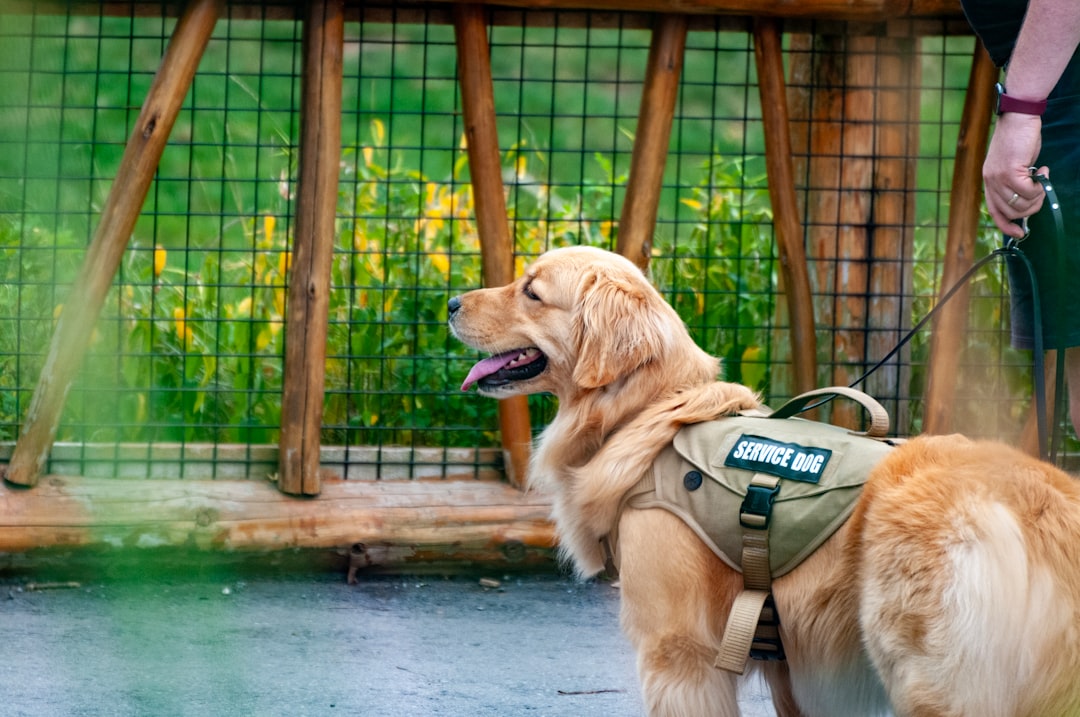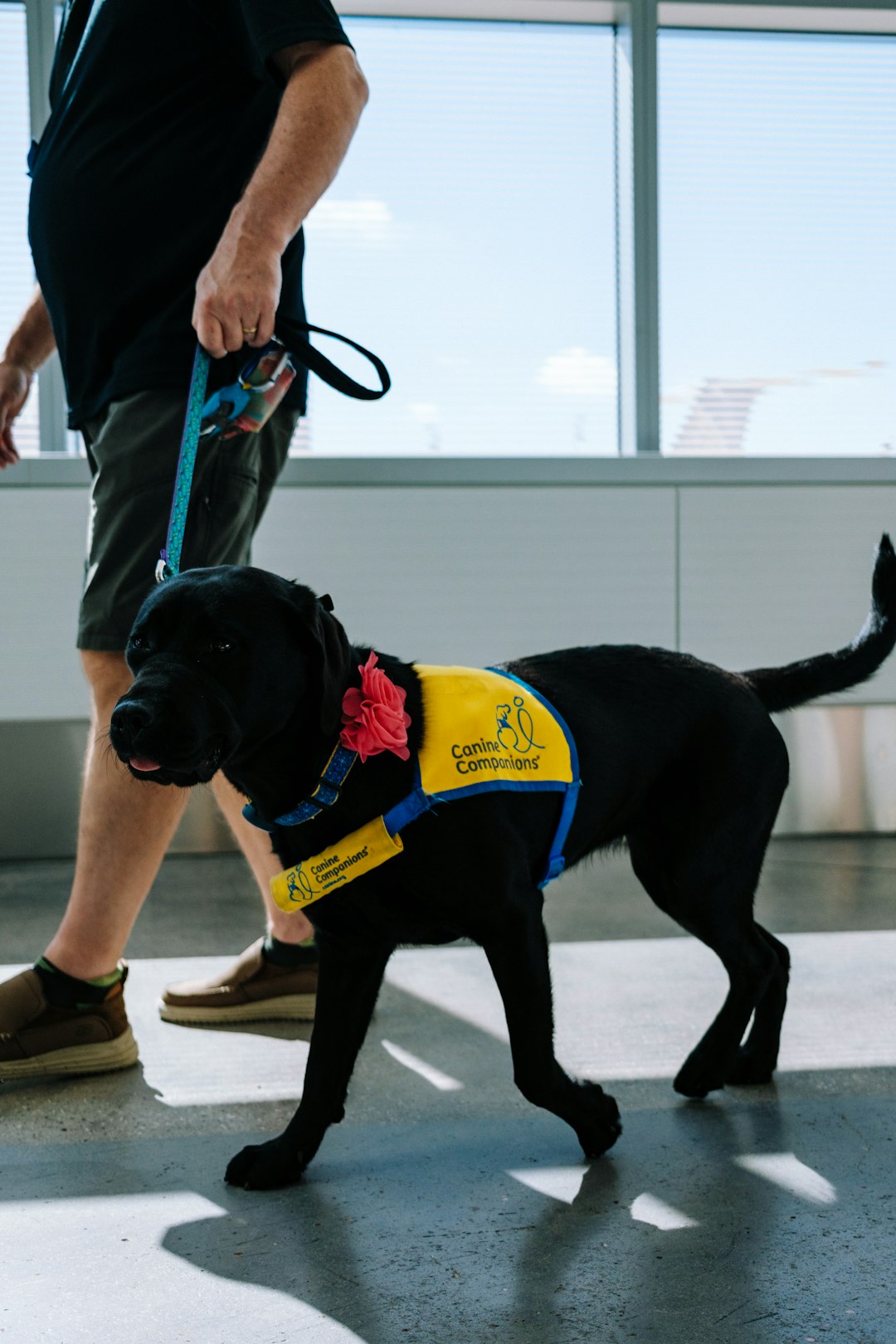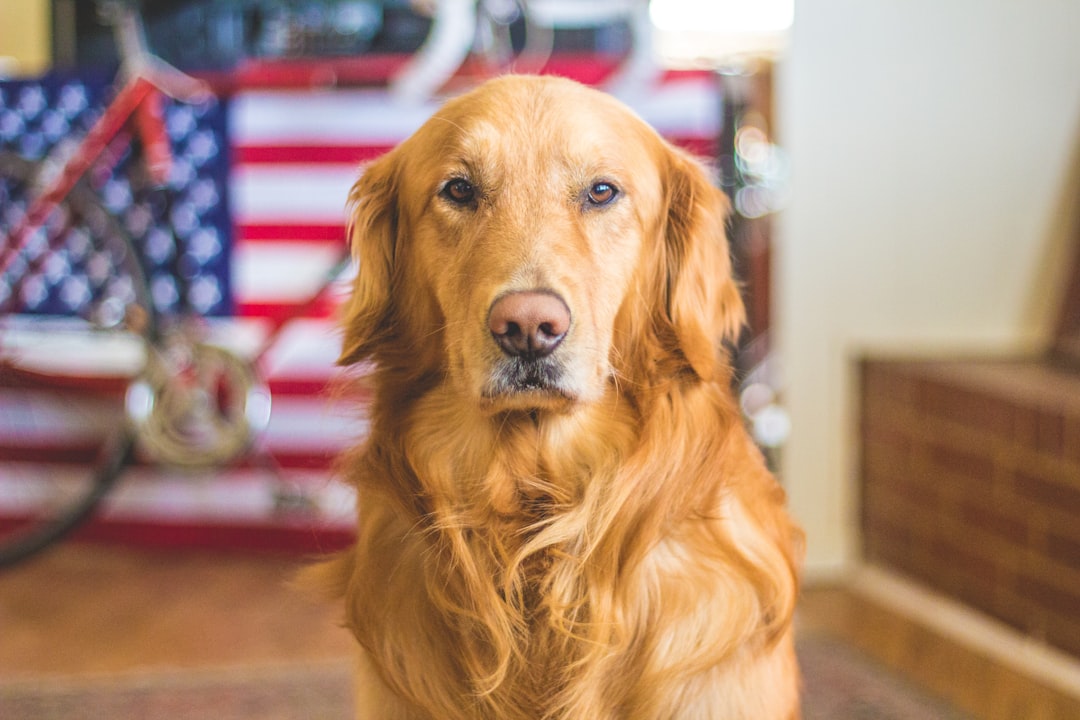The Americans with Disabilities Act (ADA) is a landmark civil rights law that was enacted in 1990 to protect individuals with disabilities from discrimination and ensure they have the same rights and opportunities as everyone else. Here’s a detailed explanation of the ADA, focusing on its relevance to service dogs and their handlers.
What is the ADA?
The ADA is a comprehensive civil rights law that prohibits discrimination against individuals with disabilities in all areas of public life, including:
- Employment
- Education
- Transportation
- Public accommodations
- Telecommunications
- State and local government services
The ADA aims to ensure that people with disabilities have equal access to opportunities and can participate fully in society.
Key Titles of the ADA
The ADA is divided into five titles (sections), each addressing different areas of public life:
- Title I – Employment
- Prohibits discrimination against qualified individuals with disabilities in job application procedures, hiring, firing, advancement, compensation, and other terms of employment.
- Employers must provide reasonable accommodations to employees with disabilities unless it causes undue hardship.
- Title II – Public Services (State and Local Government)
- Requires state and local governments to provide equal access to programs, services, and activities.
- Includes public transportation services.
- Title III – Public Accommodations and Services Operated by Private Entities
- Prohibits discrimination in public accommodations such as restaurants, hotels, theaters, retail stores, and more.
- Requires newly constructed or altered public accommodations and commercial facilities to comply with ADA standards.
- Title IV – Telecommunications
- Requires telephone and internet companies to provide accessible communication services for individuals with hearing and speech disabilities.
- Includes requirements for closed captioning of public service announcements.
- Title V – Miscellaneous Provisions
- Contains various provisions, including protections against retaliation and coercion.
Service Dogs Under the ADA
The ADA includes specific provisions related to service dogs, ensuring that individuals with disabilities who rely on these animals have equal access to public spaces and services.
- Definition of a Service Dog
- A service dog is defined as a dog that is individually trained to do work or perform tasks for an individual with a disability. The tasks performed by the dog must be directly related to the person’s disability.
- Access Rights
- Under the ADA, service dogs are allowed to accompany their handlers into public accommodations and facilities where pets are typically not permitted. This includes restaurants, hotels, retail stores, theaters, and more.
- Service dogs must be allowed to accompany their handlers in all areas of a facility where the public is normally allowed to go.
- Behavior and Control
- Service dogs must be under control at all times. This generally means being on a leash or harness unless the handler’s disability prevents using these devices.
- The handler must maintain control of the dog through voice, signal, or other effective means.
- Inquiries and Documentation
- When it is not obvious what service a dog provides, staff may ask only two questions:
- Is the dog a service dog required because of a disability?
- What work or task has the dog been trained to perform?
- Staff cannot ask about the handler’s disability, require medical documentation, demand a special identification card, or ask that the dog demonstrate its task.
- When it is not obvious what service a dog provides, staff may ask only two questions:
- Exclusions
- A service dog can only be excluded from a facility if:
- The dog is out of control and the handler does not take effective action to control it.
- The dog is not housebroken.
- Even if a service dog is properly excluded, the handler must be allowed to obtain goods and services without the dog’s presence.
- A service dog can only be excluded from a facility if:
Optional Certification and ADA Compliance
- Certification Not Required: Under the ADA, service dogs do not need to be certified or registered. However, optional certification through programs like The Helping Paws Project can provide additional assurance of the dog’s training and readiness for public access.
- Handler Rights: Service dog handlers have the right to be accompanied by their service dogs in all public spaces without being subjected to discrimination or undue questioning.
How The Helping Paws Project Supports ADA Compliance
- Training: Our goals strive to ensure that service dogs are well-trained and meet the behavioral standards required for public access.
- Education and Resources: We provide educational materials, such as the “Know Your Rights” book and printable ADA cards, to help handlers understand and exercise their rights.
- Advocacy: We advocate for the rights of service dog handlers and work to raise awareness about the ADA and its provisions.
For more information on the ADA and how it protects the rights of individuals with disabilities and their service dogs, visit the official ADA website at www.ada.gov.


